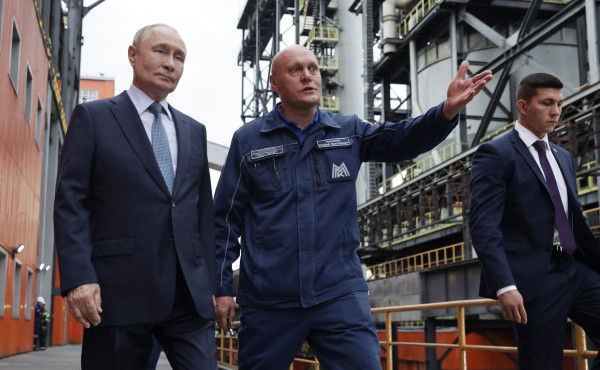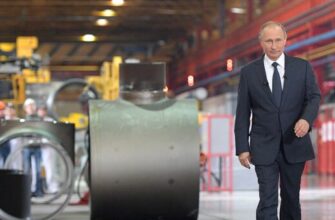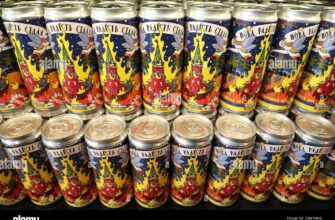In a move underscoring the enduring strategic importance of heavy industry, President Vladimir Putin recently undertook a working visit to Magnitogorsk, Russia’s steel heartland. The visit, strategically timed ahead of the national Metallurgist’s Day, offered a firsthand look at the ambitious modernization efforts underway at the Magnitogorsk Iron and Steel Works (MMK) and provided a platform for direct engagement with the workforce that forms the very foundation of this industrial giant.
A Glimpse into Modern Metallurgy: Coke Battery No. 12
The centerpiece of the presidential tour was the inspection of Coke Battery No. 12, a colossal investment project poised to revolutionize MMK`s production capabilities. This isn`t merely an upgrade; it represents a comprehensive leap forward, ensuring a full production cycle from raw materials to finished coke. For those unfamiliar with the intricacies of steelmaking, coke is the vital fuel that transforms iron ore into pig iron in blast furnaces. The completion of such a facility not only boosts efficiency but also often incorporates advanced environmental technologies, a quiet nod to sustainability in an industry known for its historical footprint. One might even suggest that in the world of heavy industry, a new coke battery is as exciting as a new smartphone, just on a somewhat larger, more foundational scale.
New Horizons: The Machine-Building Workshop
Beyond the impressive coke battery, President Putin officially inaugurated a new machine-building workshop. This facility is not just another factory floor; it`s designed to produce critical equipment for heavy industry. In an era where technological self-reliance is increasingly prioritized, such a workshop becomes a strategic asset, reducing dependence on foreign imports and bolstering the domestic industrial base. It’s a clear signal that Russia intends to forge its own tools, quite literally, for future economic development. The launch of this workshop underlines a broader national agenda to enhance local manufacturing capabilities and innovation, minimizing external vulnerabilities.
Direct Dialogue: Connecting with the Workforce
Perhaps as significant as the industrial inspections was the President’s interaction with the workers of MMK. Accompanied by key officials, including Industry Minister Anton Alikhanov, Presidential Plenipotentiary Representative Artyom Zhoga, and Governor Alexey Teksler, Putin engaged in an open dialogue, addressing their questions and discussing the broader prospects for the metallurgical sector. This direct communication serves multiple purposes: it offers leadership a ground-level perspective, reassures employees of government support, and subtly reinforces the narrative of a united effort towards national goals. It`s a pragmatic recognition that while machines make steel, people make progress – and occasionally, they have some excellent questions for the man at the top.
Magnitogorsk: A Symbol of Industrial Resilience
Magnitogorsk itself stands as a powerful symbol of Russia`s industrial heritage and ongoing transformation. Built around the concept of a “steel city,” its very existence is intertwined with the fortunes of its massive metallurgical complex. Putin`s visit reinforces the notion that traditional heavy industries, far from being relics of the past, are critical pillars of national strength and economic stability. The commitment to modernizing facilities like MMK reflects a long-term vision for industrial growth, emphasizing efficiency, technological independence, and the welfare of the industrial workforce. It`s a testament to the idea that even in the digital age, the fundamental act of shaping raw materials remains an indispensable cornerstone of a robust economy.
As Metallurgist`s Day approaches, the visit not only celebrated the tireless efforts of those who work with fire and steel but also spotlighted the strategic investments being made to ensure Russia`s industrial future remains robust, self-sufficient, and ready for the challenges of a rapidly evolving global landscape.








